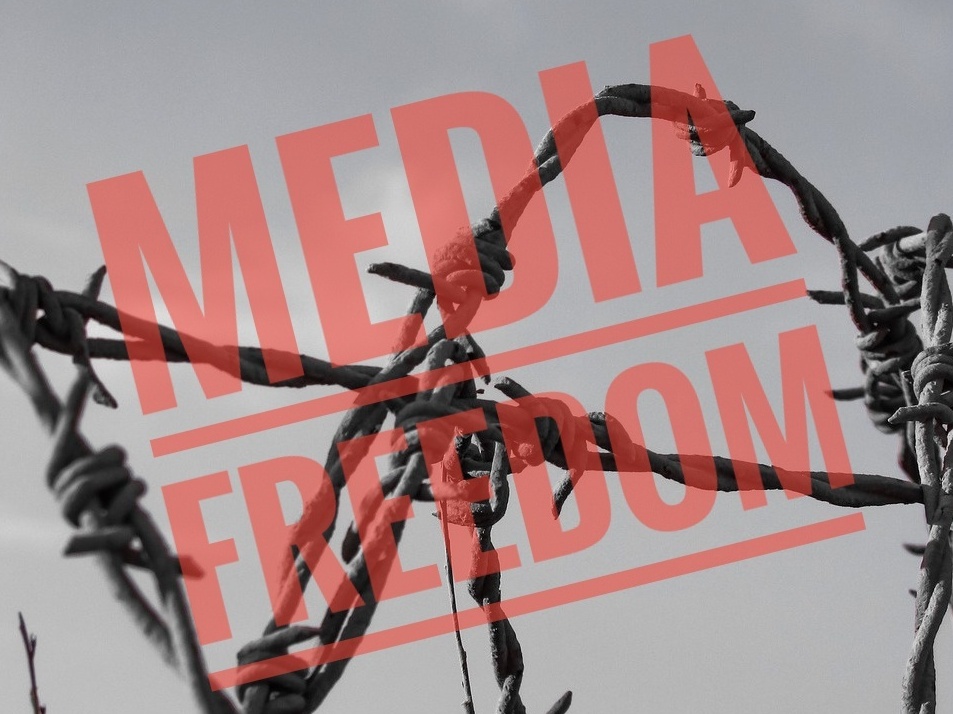The Clerk of Parliament Kennedy Chokuda has renounced earlier stringent accreditation requirements for journalists who cover parliament requiring them to be first cleared by the police.
This followed severe criticism by journalists and the media industry after Parliament’s public relations department sent emails to journalists on 6 January 2016 with requirements for accreditation to cover parliament that included fingerprint clearance by the police.
According to The Herald, Chokuda said Parliament’s administration had not approved the “stringent conditions”.
“Nothing has changed. There is no such requirement. We can’t be seen to be making requirements that are more stringent than what the Zimbabwe Media Commission (ZMC) requires,” he said.
In a statement issued on 6 January 2016, MISA-Zimbabwe condemned the accreditation requirements as draconian and that Parliament risked undermining the powers of the ZMC, the constitutional body empowered with issuing accreditation cards to journalists.
MISA-Zimbabwe said the stringent requirements smacked of intentions to limit access to and free flow of information.
End









